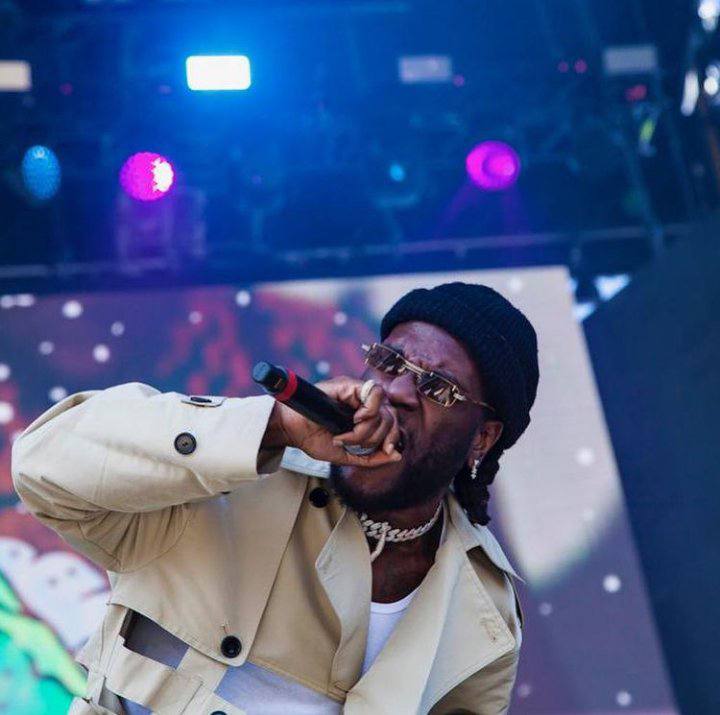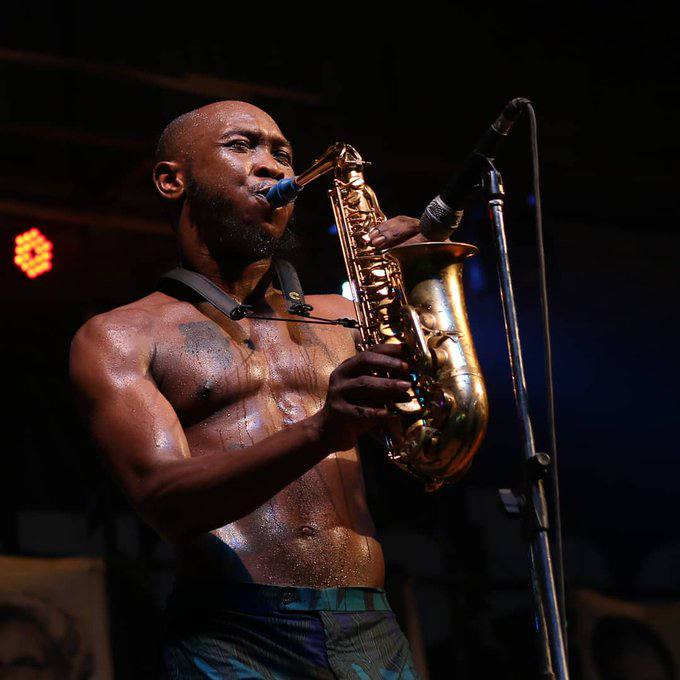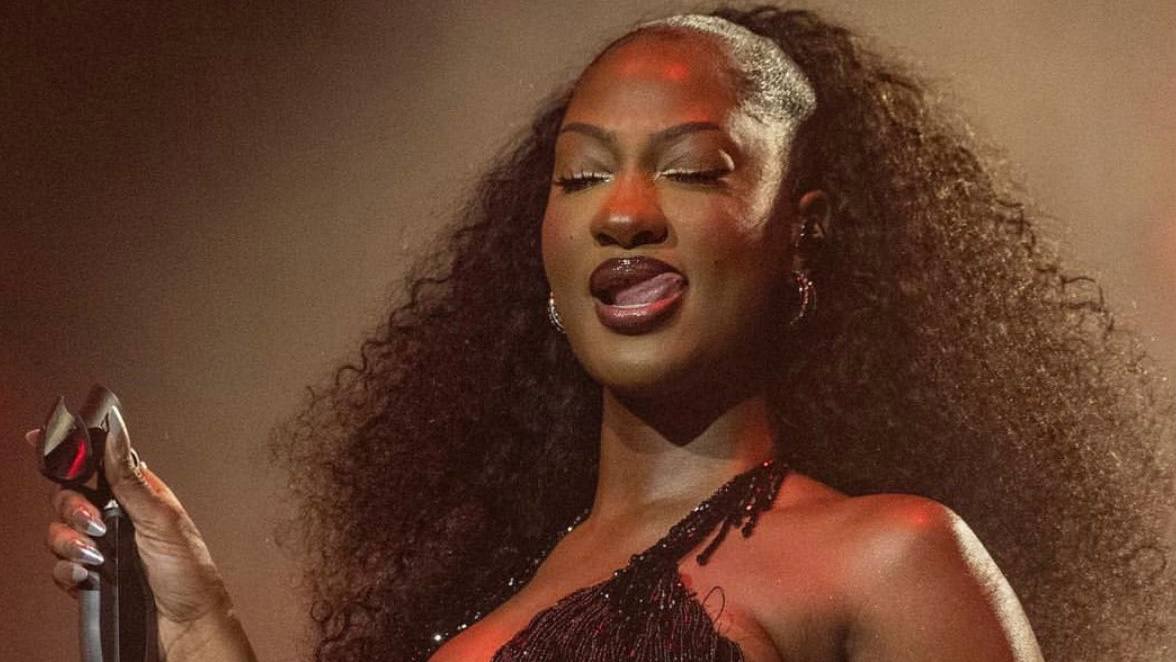Every April, hundreds of thousands of people descend on the Coachella Valley in Indio, California. What brings all those people to a random, out-of-the-way desert? The Coachella Valley Music and Arts Festival, more commonly called Coachella Festival or simply Coachella.
It wasn’t always this successful, mega-festival: it actually started in October 1999 as a two-day event, disappeared in 2000, and came back in 2001 as a single day event. 2002 saw it revert to a two-day format, then three in 2007, before expanding in 2012 to the three-day weekend, two consecutive weekends iconic event that we currently have. It consists of a huge genre-fluid lineup of artists from around the world, like Jay Z, Billie Eilish, Kendrick Lamar, Tame Impala, Daft Punk, BLACKPINK, Beyonce for the record-breaking 2019 Beychella, among others. Seun Kuti, Mr Eazi, Burna Boy, Ckay, Tems, and DJ Spinall have planted the Nigerian flag on the stages from 2012 to 2024; and Rema is set to make his debut this year.

The cultural impact of Coachella is insane, there’s no other word to describe it. For social media creators, it’s a content mine. Influencers create fashion looks which set the fashion and beauty trends for the next year. Celebrity sightings also spawn fodder for culture and gossip pages. Visual artists are also commissioned to create pieces and installations that wouldn’t be out of place in the highest-end galleries. It’s also a marketing fever dream, with brands across all industries treating the festival as one giant billboard.
For musicians, being billed to perform at the festival means one of three things: you’re a legend, you have a cult following, or you’re one to watch. There’s a deceptively simple way for the world to know which stratum you belong to: the placement of your name on the flyer. Remember Burna’s historic “I am an African Giant!” font size rant ahead of his 2018 appearance? Yeah, that’s a thing. The names displayed more prominently are higher profile and command a bigger fee, not just for Coachella itself but also for other appearances over the year.
Pulling off a festival on this scale is no joke: spanning over 642 acres of land (including the space used for parking and camping), there is an incredible amount of money, personnel and systemic organisation that goes into it. Artist selection is done by the talent team from the organisers, Goldenvoice, which is a subsidiary of AEG Presents (the 2nd biggest event promoters globally, who are also behind tons of other music festivals including Camp Flog Gnaw) as early as the August before, and announcements are made early in the new year. But it’s not just about picking random acts: the artists are selected based on current relevance and momentum, previous performances, tour schedules, special moments or cultural statements.
Willingness to sign a radius clause is also essential: the artists are not usually permitted to perform at other events in the vicinity of Coachella for a period of time before and after the festival, with the exception of shows under the parent company AEG. Planning it seems like a logistical nightmare: with at least 8 main stages and several other performance areas all requiring power, sound, tech, and lighting; infrastructural support for such a massive crowd involving roads, camping zones, cooling stations, food distribution & emergency services; as well as a workforce of an estimated 10,000+ people; it’s clearly not an undertaking for the fainthearted.
With Nigeria being the music and entertainment hub of the continent, it begs the question: can we ever have something like this of our own? We clearly have the musical and visual artistry, the population, and the vibes to eat it up, but we unfortunately lack everything else. Currently, the live show ecosystem consists of concerts all crammed into the month of December. Fans wait for hours for the shows to start. Sound systems fail. Stages collapse. Lighting is piss-poor. For true, multi-artist festivals, it’s not uncommon for the lineups to be announced only a few days before. Safety is an illusion. Expecting food or merch stalls? Think again.
So what would we need to get it done?

First thing first, a venue. Is there a safe, easily accessible site that’s large enough to comfortably hold about 50k people (for starters), ideally outside Lagos to bypass the already crippling congestion?
Infrastructure is a big thing. It seems boring, but it’s highly necessary. Can we guarantee the essentials: power, water, health services or medical tents, waste management and human traffic control? We barely have these amenities covered for daily life, can we ensure their presence at a festival? We’d also need to do away with general incompetence and life-threatening corruption: we absolutely cannot have stage schedules being ignored, messed-up sound systems, stampedes, or structures collapsing on people whether due to shoddy workmanship, lack of oversight, or someone who thinks they’re “sharp” pocketing half the budget.
Next, it’s not going to be down to the festival promoters alone. Corporate buy-in is a necessity, it would require real partnerships with telcos, banks, fashion and tech brands who care about more than logo placement. They have the potential to enrich the fan experience: Think art installations, fashion zones, food trucks, and creator hubs.
Another group of people who have to be willing to cooperate? Artists. Egos and the “I’ve outgrown Nigerian fans” mentality must be set aside, or we’ll crash before takeoff. Performance slots must be agreed upon months in advance, publicity aggressively pushed by the artists and their teams, day-of timing honoured. No “sorry, I overslept” allowed!
We recognise that there’ve been a few attempts—GidiFest, Homecoming, NATIVELAND, Flytime—but none with the scope, or coordination to be our own Coachella. Until we push for actual change and fight for improvement, it’ll stay that way, because greatness doesn’t happen by clout and vibes alone.

Leave a Reply